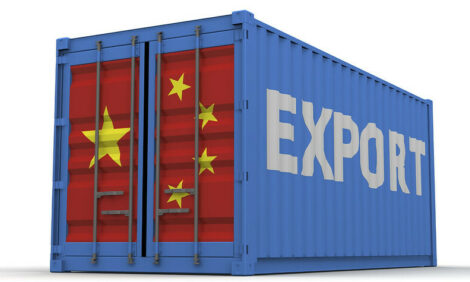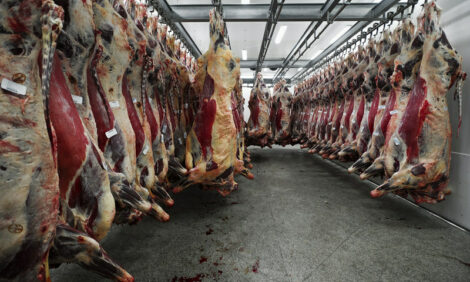



Poor Beef Markets Highlighted at EU Meeting
EU - Poor prospects in the EU beef sector were underlined in a meeting between farmers' association Copa-Cogeca and the EU Commission, which highlighted the various factors behind the decline.Chairman of Copa-Cogecas’ beef working party, Jean Pierre Fleury said: “The beef sector is very fragile from a structural point of view and incomes are low.
"This is particularly serious for specialised beef producers as it is their only source of income.
"The situation has also become much worse after the EU lost its main export market for beef - Russia.
"It is therefore crucial that the EU finds additional new market outlets."
In the EC's Winter Short-term Outlook, beef prices in Russia were described as high, as marginal import increases from Brazil, Argentina and Belarus did not compensate for the effects of the Russian import ban.
The outlook also showed that an increase in the number of dairy cows in Europe due to milk quota removal has had a knock-on effect of increased animals available for beef production.
Mr Fleury added: “Moreover, meat consumption is stagnating and the beef market situation could be destabilised further by fluctuations in the EU dairy sector and repercussions in terms of surplus supplies on the market for animals destined for slaughter.”
“Additional imports to the EU as a result of any trade agreement currently being negotiated by the EU could also add extra supplies on the market, threatening EU beef production.
"This could have a serious impact in rural areas where there is no other source of employment.”
Copa-Cogeca Secretary-General Pekka Pesonen pointed to the bilateral free trade talks between the EU and US, outlining both opportunities and challenges.
“The US is our number one client for our agriculture exports. However, we will remain vigilant and do our utmost to safeguard the EU beef sector and our particular production methods.
"Also, before making further headway in the negotiations, it is crucial to address sanitary and phytosanitary barriers to trade”.
TheCattleSite News Desk


